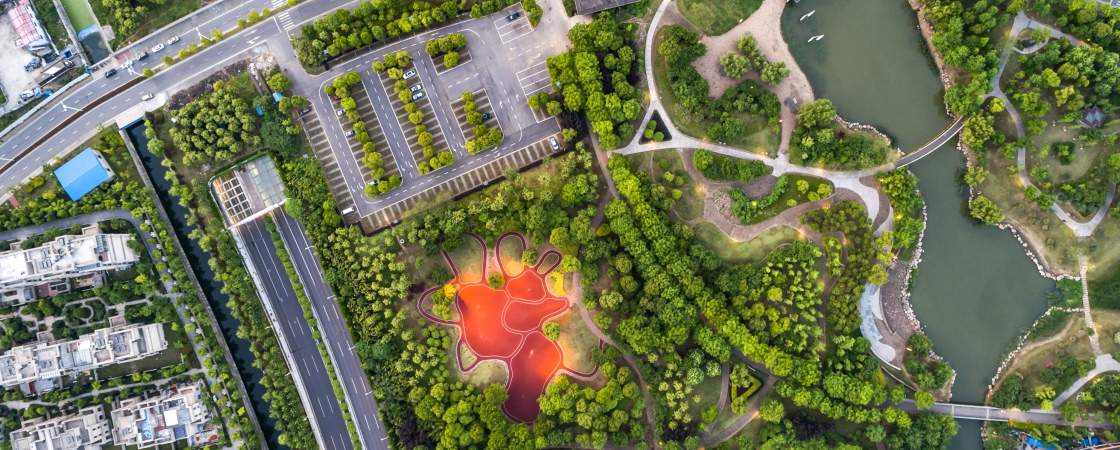info@smu.edu.ng

Department of Surveying and Geo-Informatics
Charting New Territories, Shaping the Future
Welcome to the Department of Surveying and Geo-Informatics at Sam Maris University. Our department is at the forefront of education, research, and innovation in the fields of land surveying, geospatial science, and geographic information systems (GIS). We equip students with the knowledge and skills required to navigate the complex landscape of modern surveying and geospatial technologies.
Programmes and Focus Areas
Bachelor of Science (B.Sc.) in Surveying and Geo-Informatics: Our undergraduate programme covers the fundamentals of land surveying, geodetic science, GIS, and remote sensing.
Key Features
- Fieldwork and Practical Experience: The heart of our programmes is practical learning. Our students engage in extensive fieldwork, real-world surveying projects, and laboratory exercises to develop hands-on skills.
- Cutting-Edge Technology: We emphasize the use of modern surveying equipment, GIS software, and remote sensing technology, ensuring you are prepared for the digital age.
- Geodetic Sciences: Explore the science of measuring and understanding Earth's shape, gravity, and rotational dynamics.
- Spatial Analysis: Learn to extract valuable information from geographic data and make informed decisions using spatial analysis tools.
- Environmental Applications: Discover the role of surveying and geospatial technologies in environmental management, urban planning, and disaster response.
- Professional Ethics: Understand the ethical responsibilities and professional standards in surveying and geospatial science.
Research and Innovation
The Department of Surveying and Geo-Informatics is a hub of research and innovation. Our faculty and students are engaged in cutting-edge projects, from land surveying advancements to GIS applications for urban planning and environmental conservation.
Career Opportunities
A degree from the Department of Surveying and Geo-Informatics opens doors to various career opportunities, including:
- Land Surveyors: Measuring and mapping land and property boundaries.
- Geospatial Analysts: Analyzing geographic data for a wide range of applications.
- GIS Specialists: Managing geographic information systems for organizations.
- Environmental Consultants: Assessing the environmental impact of development projects.
- Remote Sensing Analysts: Using satellite and aerial imagery for various applications, including disaster monitoring and environmental assessment.
Chart the Future with Us
At the Department of Surveying and Geo-Informatics, we are committed to charting new territories and shaping the future with education and research. We invite you to explore our programs and learn how we can help you embark on a rewarding and dynamic career in surveying and geospatial sciences.




